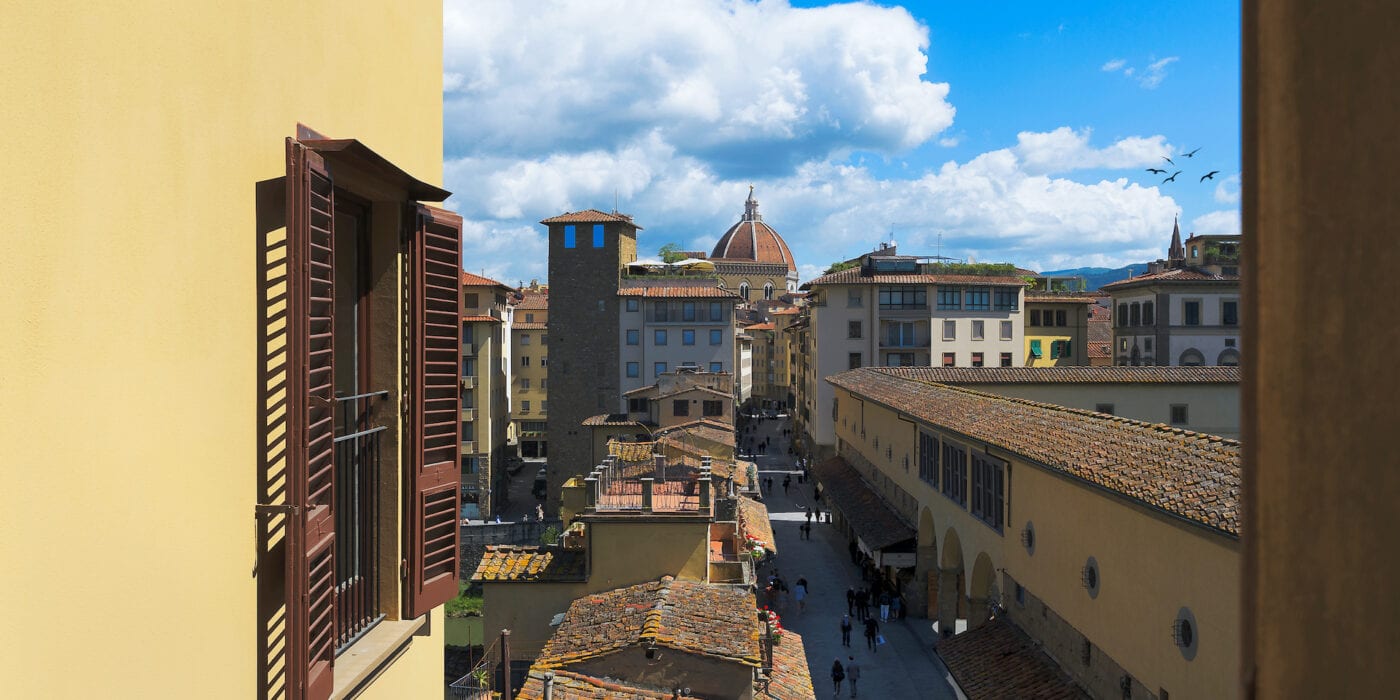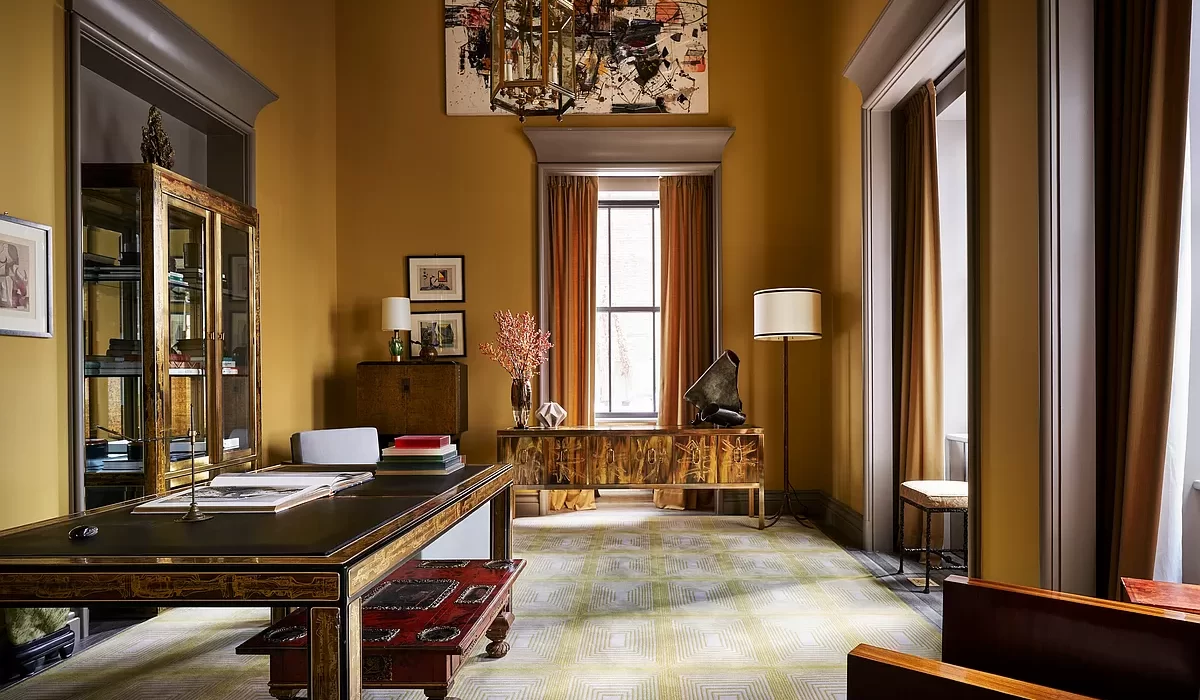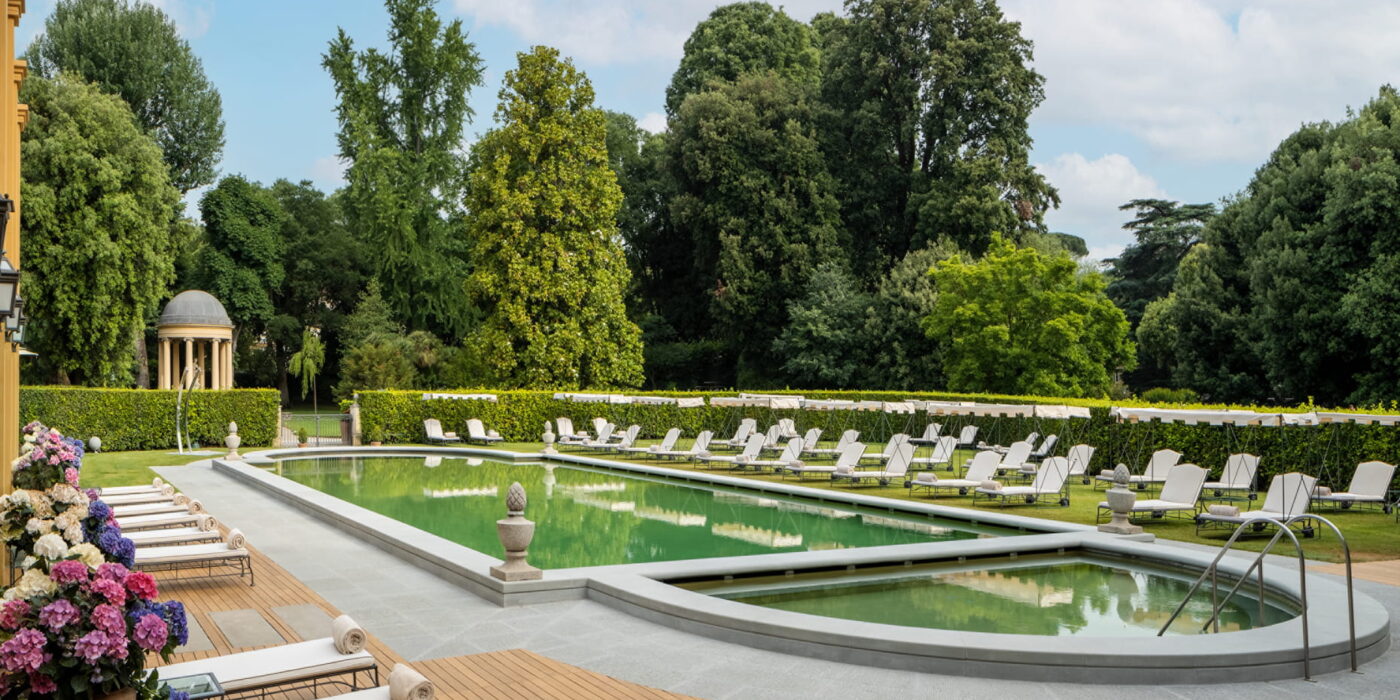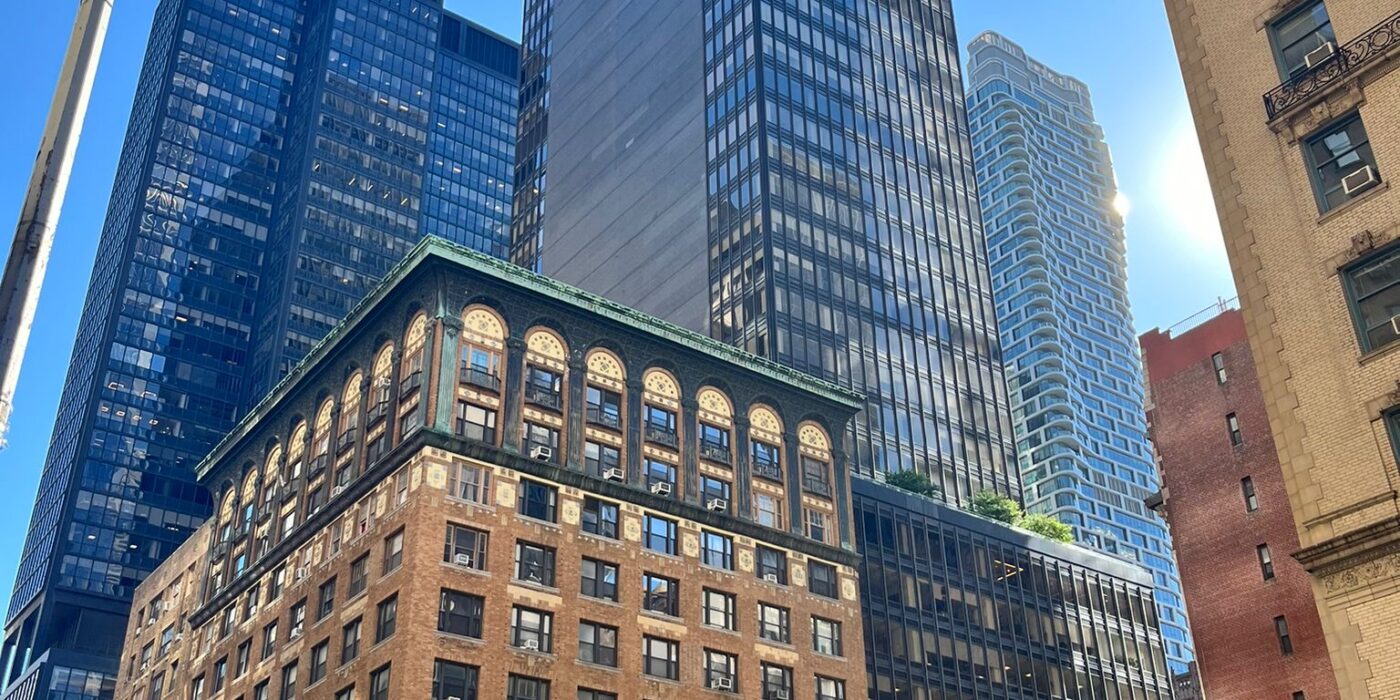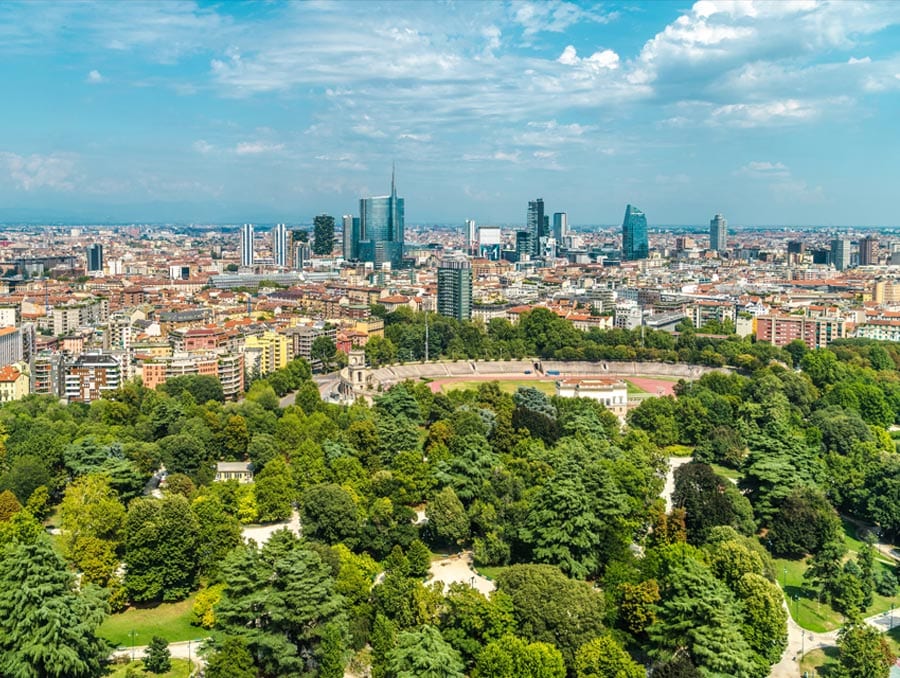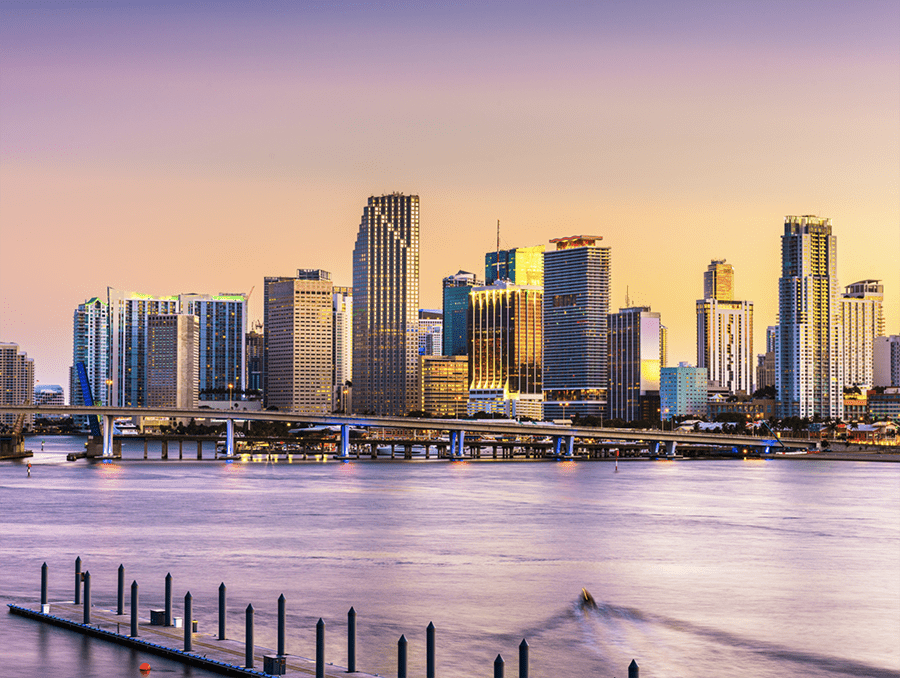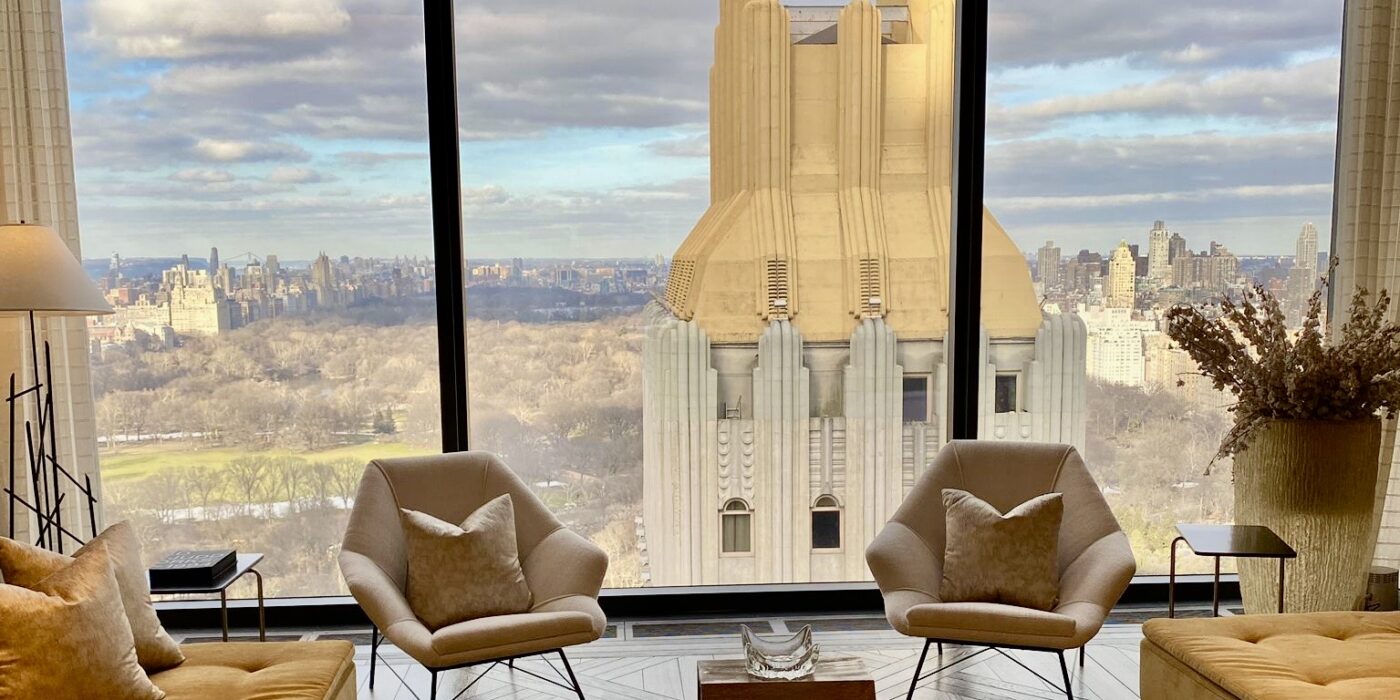Florence’s Skyline Set to Change: Asian Investors Lead San Gallo Luxury Overhaul
Florence’s real estate landscape is about to be enriched with a new luxury gem, featuring an entrepreneurial twist that brings the flavor of the Orient to the heart of Tuscany. As revealed in a recent article by Matteo Lignelli and Ernesto Ferrara in Repubblica Firenze, the redevelopment project of the former San Gallo military hospital has seen a significant change in ownership, with a Singaporean group now holding the majority stake.
The project, which began last March and has now entered its crucial phase, envisions the creation of an ultra-luxury district that, according to sources, will have “nothing ordinary about it.” The complex will host high-end hotels, prestigious residences, and exclusive restaurants, radically transforming the area of the former military hospital.
The most significant development concerns the ownership and management of the real estate operation. The Gb Invest Holding group, led by Tuscan entrepreneur Stefano Nesti, known in the online betting sector and now at the helm of an empire in the hotel and restaurant industry, has reduced its participation to 20% of the shares in San Gallo Development (Dvp), the company managing the investment.
The majority control has passed into the hands of a Singaporean group, “Liaigre Hospitality Ventures Limited,” which has increased its stake from an initial 10% to the current 80%. This change in ownership marks an important shift in the project’s direction, bringing an international perspective and potentially new resources to the table.
The massive influx of Asian capital into such a large-scale project in Florence’s historic center raises questions about the future dynamics of the luxury real estate market in the city. It could signal growing interest from Oriental investors in Italy’s prestigious real estate, potentially paving the way for further investments in the sector.
As work progresses, it remains to be seen how this new management will influence the final project and what impact it will have on Florence’s urban and social fabric. What is certain is that the former San Gallo hospital is set to become a new landmark in Florence’s luxury landscape, with a distinctly international touch.
